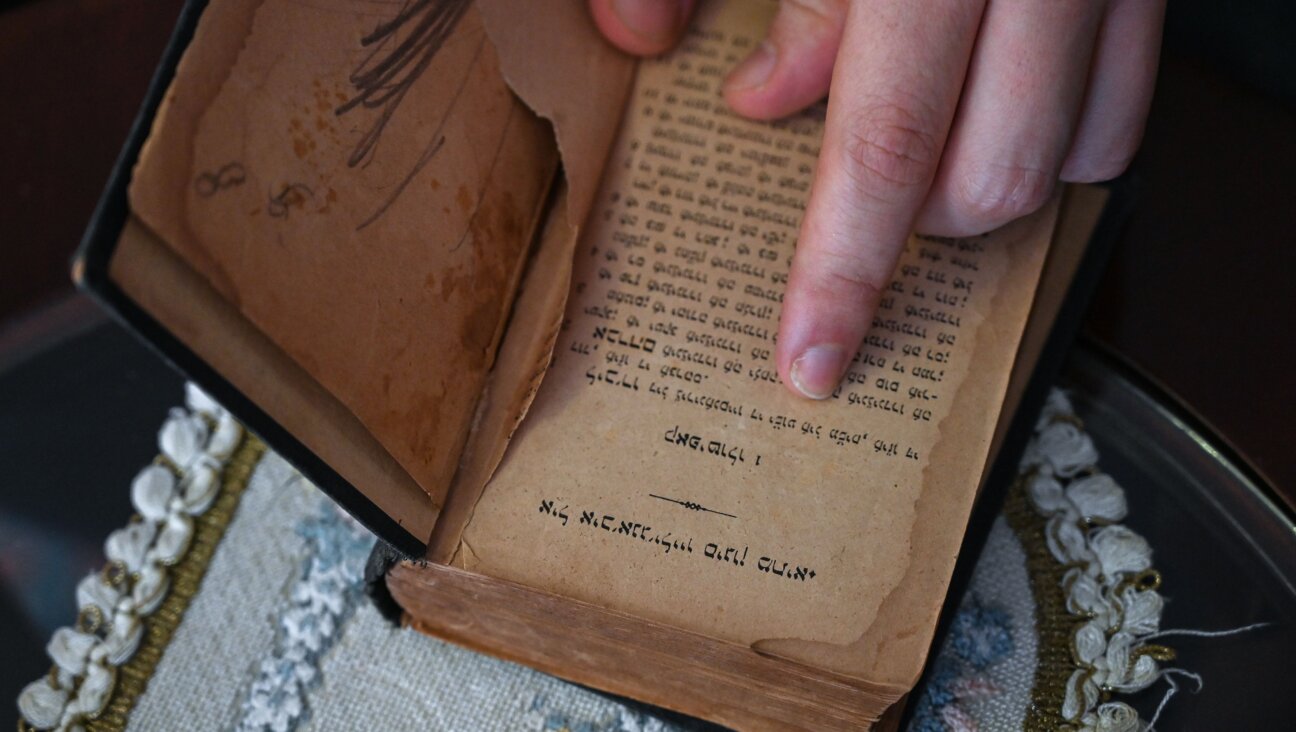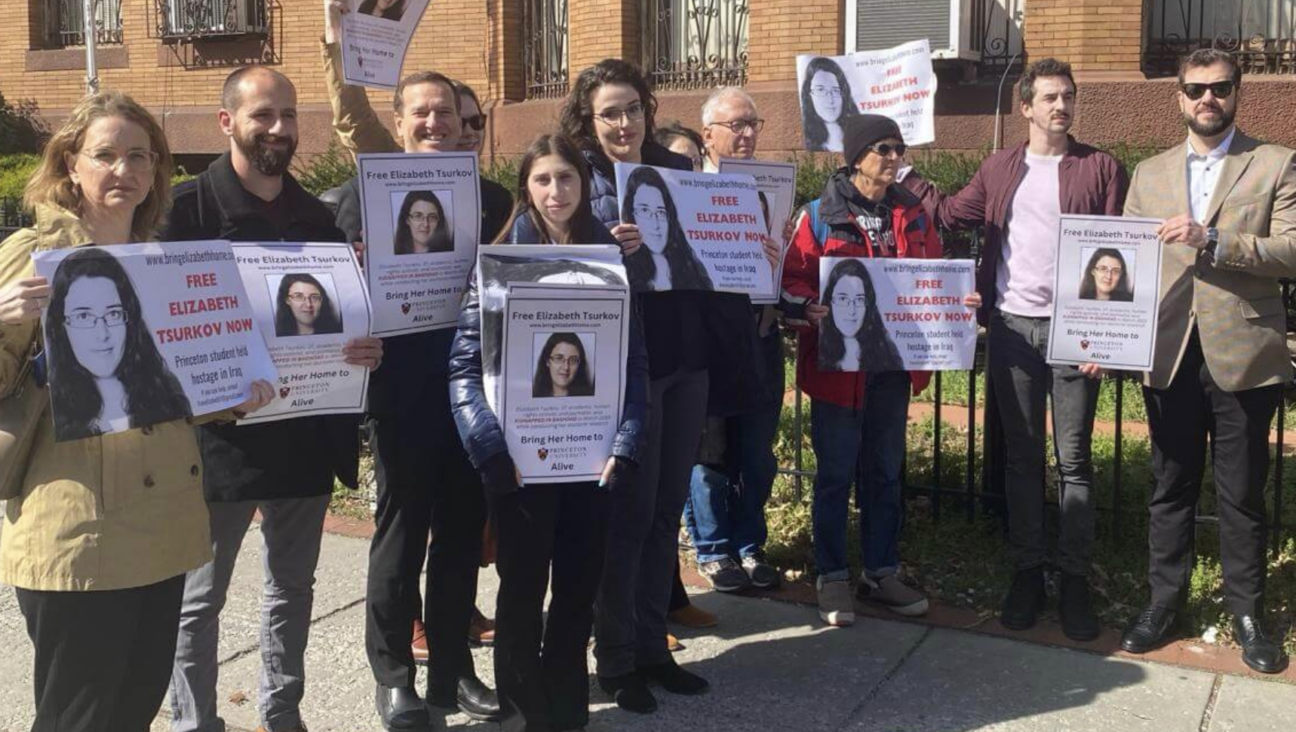The Truth About Libya
Why did Libya’s stiff-necked Muammar Gadhafi agree to get rid of all weapons of mass destruction? In his State of the Union address, President Bush offered an explanation. The overthrow of Saddam Hussein in Iraq was a warning to Gadhafi that if he did not behave he might well be next.
This is the most recent of many rationales for conducting a war against Saddam. First, it was to rid Iraq of its weapons of mass destruction; then it was because of Saddam’s ties with Al Qaeda.
When these rationales were found unfounded, a cabal of neo-cons, led by Paul Wolfowitz and Richard Perle, proposed a Western-type jihad (holy war) to bring democracy, by force of arms, to the entire world, starting with Iraq. And now, Bush has provided still another reason: namely, that the demise of Saddam is making other tyrants behave properly.
The truth, however, seems to be quite the opposite of what Bush makes it out to be. Who says so? His name is Flynt Leverett, and he is an eyewitness to what brought Gadhafi around to getting rid of his disallowed weapons. He served as senior director for Middle Eastern Affairs at the National Security Council from 2002 to 2003. He is presently a visiting fellow with the Saban Center for Middle East Politics at the Brookings Institution.
In a statement appearing earlier this month on the op-ed page of The New York Times, on the heels of Bush’s State of the Union address, Leverett sets the record straight on exactly what brought Gadhafi around to dumping his WMDs:
“The roots of the recent progress with Libya go back not to the eve of the Iraq war,” he writes, “but to the Bush administration’s first year in office. Indeed, to be fair, some credit should even be given to the second Clinton administration. Tired of international isolation and economic sanctions, the Libyans decided in the late 1990‘s to seek normalized relations with the United States, and held secret discussions with Clinton administration officials to convey that message.”
Libya had been under sanctions by the United Nations for its failure to turn over Libyan officials involved in the 1988 downing of Pan Am Flight 103 over Lockerbie, Scotland. Gadhafi felt the pressure, and he turned over two intelligence agents for trial in a Scottish court. The U.N. suspended its sanctions — with the consent of the United States, but did not lift them permanently until Libya agreed to compensate the families of the Lockerbie victims.
We also made it clear that America would continue with it own sanctions — without the United Nations. “To get out from under the separate United States sanctions,” notes Leverett, “Libya would have to address other concerns, particularly regarding its programs in weapons of mass destruction.” This was the context of the conversations. “The Iraq war, which had not yet started, was not the driving force behind Libya’s move.”
The driving force was our application of sanctions and a tone of conversation that intimated that Libya would be welcomed back into our family of recognized nations if it acted like a member of a family — namely, got rid of its weapons of mass destruction. In short, by using the stern sword of sanctions and engaging in the delicate duet of diplomacy, we were able to accomplish our purpose without war, occupation and the still-mounting loss of more than 500 troops since our president proclaimed “mission accomplished.”
A message from our Publisher & CEO Rachel Fishman Feddersen

I hope you appreciated this article. Before you go, I’d like to ask you to please support the Forward’s award-winning, nonprofit journalism so that we can be prepared for whatever news 2025 brings.
At a time when other newsrooms are closing or cutting back, the Forward has removed its paywall and invested additional resources to report on the ground from Israel and around the U.S. on the impact of the war, rising antisemitism and polarized discourse.
Readers like you make it all possible. Support our work by becoming a Forward Member and connect with our journalism and your community.
— Rachel Fishman Feddersen, Publisher and CEO






















